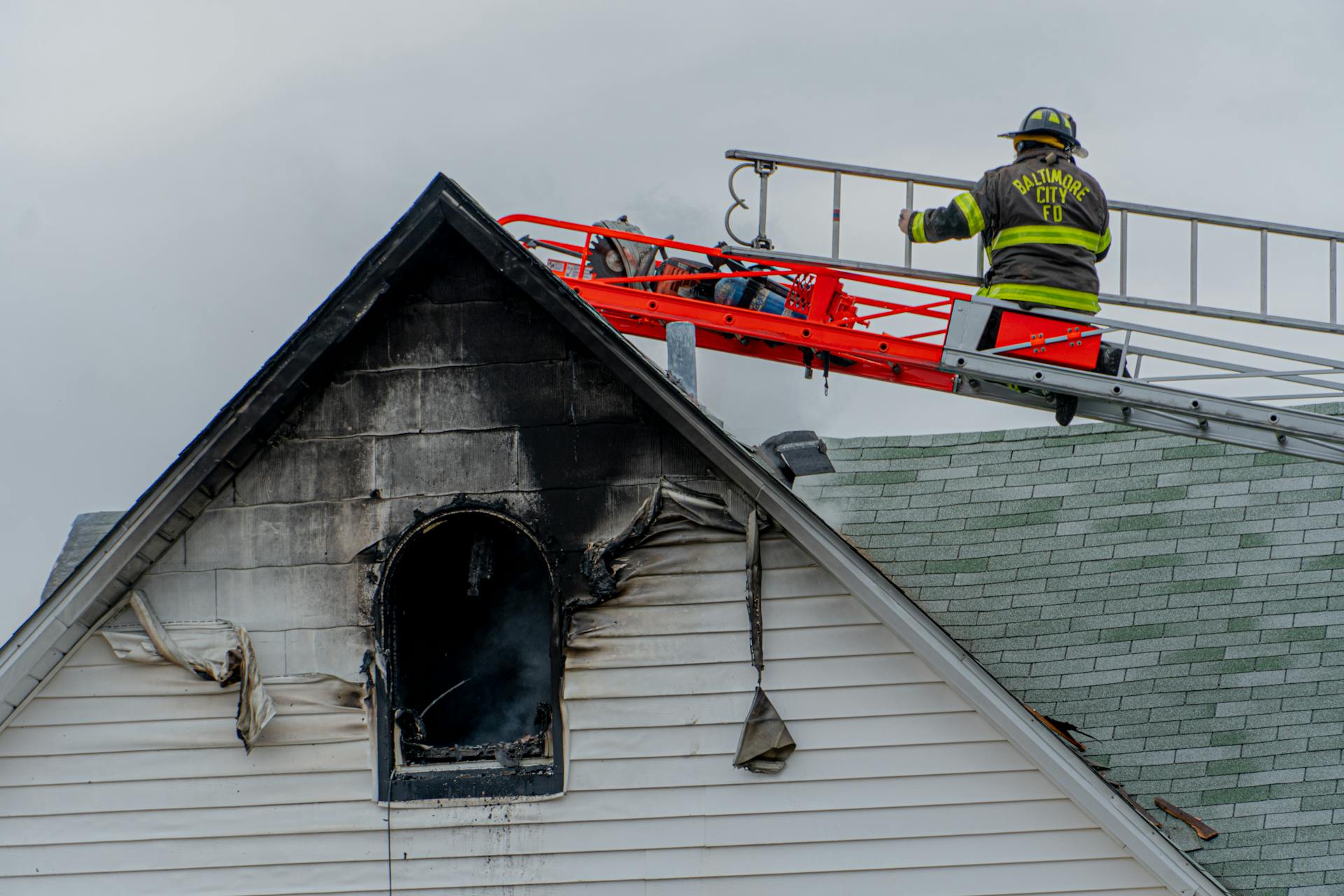
The operation is in full swing. After a few hours, it is a critical moment. The surgical nurse sees that something is wrong. She thinks about the situation, but does not dare to say anything. There is a lack of security.
– The head doctor must see what is about to happen, thinks the nurse. But he does not. The patient’s condition rapidly deteriorates and the operation turns into an emergency life-saving operation.
Why didn’t she say anything? Had she done so, the situation would never have arisen. She was the one who saw the risk, but chose not to say anything.
There are many reasons for this. Perhaps it is that the doctor was an older gentleman with a lot of clout who demands reverence from his younger colleagues. It could also be that he is also a professor at the university hospital and has trained many of the people who now work in “his” department.
Perhaps it is also the case that the nurse is newly trained, where in her studies she had the doctor as one of her teachers, and perhaps even an examiner.
Or maybe the doctor and the nurse have a history of irritation between them. Or maybe not irritation at all, but a relationship of some kind between each other. Maybe families who know each other, maybe kinship, maybe love.
It is possible to reverse the genders in the above example and get the same, and some other, reasons why the nurse did not point out what the doctor saw.
Things will go wrong
There are things that affect us in our practice of what we have to do in the business. Things will go wrong. We think wrong, we make mistakes, and perhaps these mistakes could have been avoided if only someone had said something. Maybe not only in the situation like the above example of the surgery, but perhaps at an earlier stage. At a time when the group was practicing, planning, developing, or whatever before the actual operation.
Perhaps someone could have raised the need for a checklist, a procedure description, an alarm, or something else that would make it easier for us to do the right thing. Perhaps it is there, early on, that we ensure that we do not make mistakes later on.
To dare to express oneself in such situations, as exemplified above, without fear of negative interpersonal consequences, requires what is called psychological safety. Without this security, we are reluctant to make our voice heard, to speak up when needed, to speak out. We would rather keep quiet than say or write something.
Psychological safety for a better dialogue
With psychological safety, we can have an open adult-to-adult dialog, where we can discuss issues that are important in our business.
It is not easy to create psychological safety in an organization that relies heavily on the hierarchical structure. In that structure, it is inherent that someone is above and someone is below.
If you are under, you may not want or dare to express yourself about something concerning someone who is over. This is because it can have negative consequences. An obvious consequence is that if the one who is above is also the one who sets the salary and other benefits for the one who is below.
My colleague in value creation is also my boss. It makes me limit myself in what I say, because it can affect me negatively.
There are several solutions to this problem. One of them is to focus more on the value-creating flows than on the hierarchy. It must be more important WHAT to do and HOW to do it, than WHO is the boss of WHO.
We have far too much focus on WHO should do things, has done things and says things. You need to focus on creating value. That’s what matters. To feel that together you create value.
Creating security
Everyone needs to feel that they are part of creating the value for which you exist. If you do it together, it will be more natural that you also feel safe and that you are part of the whole. It is very important to create psychological security.
In addition, it is of course important that the team carrying out the work includes the right people. This is a task for your recruitment process, where you ensure that you get the right people based on working together and not alone in a hierarchy.
Soon this year will end and a new one will dawn. If you have a need for training in improvement management, digitalization, projects and processes, then I think you should contact me to hear what might be suitable. Reply to this email and we can meet online for a free 30-minute review of your needs and see if we, or someone else we know, has what you need.
Greetings,
Matts

